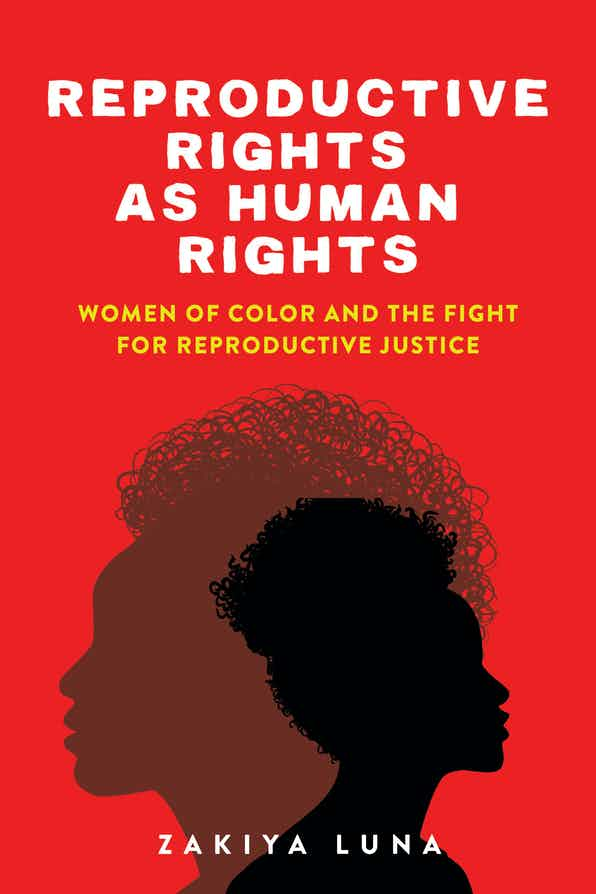I am addressing this paper to other white temporarily-able-bodied settler feminists interested in moving, not just toward a queer (queerer?) horizon, but toward a nonbinary liberatory futurity as a collective political aspiration (not an identitarian goal of self-actualization). In this paper, I consider how we might mobilize the nonbinary as a freedom practice, a practice building toward a future where we are all free. Imagining and creating a liberatory inclusive future necessarily requires dismantling the constrictions of reproductive futurity, constrictions built on binary analytics. This paper begins with an outline of how a sense of urgency, legal and medicalized frameworks, and anti-victimism have dominated post- Dobbs responses and reinvigorated an allegiance to retrograde, repressive reproductive futurity. This brief discussion of post-Dobbs responses sets the stage for an exploration of a more expansive, inclusive, collective futurity beyond the settler state, a freer futurity made possible by mobilizing a nonbinary intersectional critique anchored in queer/crip/Indigenous analytics.
Keyword: reproductive justice
Review of Reproductive Rights as Human Rights: Women of Color and the Fight for Reproductive Justice by Zakiya Luna (New York University Press)
Zakiya Luna’s rich study combines comprehensive discourse analysis of political rhetoric and archival documents with her own ethnographic experiences within the reproductive justice movement. This book is an entry point into this often-marginalized arena, presenting a unique perspective informed by years of participant observation and thorough research which has produced additional projects, attesting to Luna’s expertise in this field of study. As a woman of color, Luna’s work is symbolically significant, and her intersectional lens renders this study broadly applicable to scholars of law, sociology, and gender studies, to policymakers and activists, and, indeed, to all women, who the reproductive justice movement indirectly or directly impacts. In tracing the way that reproductive justice has been framed as a “human right,” Luna addresses the potential for the human rights discourse to deliver on its intrinsic promise to secure freedom and equity for all.

